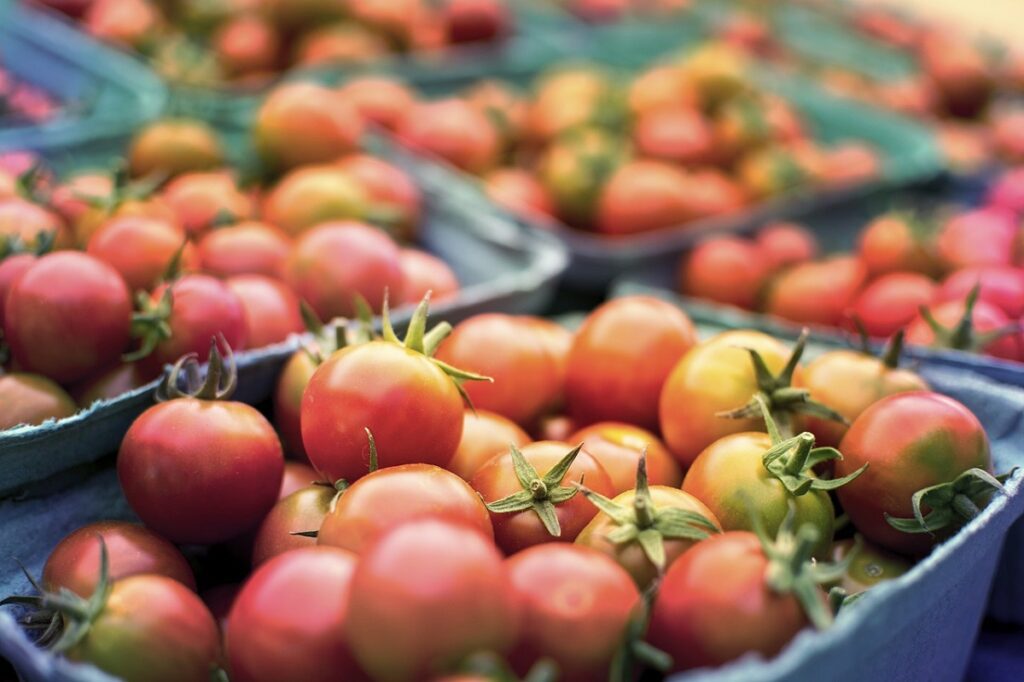Saturday’s Adaptation and Agriculture Day at COP27, which focused on the need for food systems innovation (including biotech) to feed 8 billion people, conveyed a simple, yet powerful message: “Adapt or Starve,” according to the U.N.’s readout.
Why we need to worry about food systems emissions
Food systems account for one-third of greenhouse gas emissions globally, while agriculture accounts for about 10%, according to U.S. government estimates.
Since 1990, greenhouse gas emissions from agriculture have risen by 6%. This rise is mostly the result of a 62% increase in the total CH4 and N2O emissions from animal manure management systems, which reflects the rise in the usage of liquid emission-intensive systems over this time, an Environmental Protection Agency (EPA) report shows.
Since 1990, emissions from other agricultural sources have mostly been flat or have changed by a negligibly tiny amount.
Meanwhile, climate change already affects 21% of agricultural production, equivalent to losing seven years of productivity growth, as Bio.News has reported.
“Trillions of dollars were made available to tackle the COVID-19 pandemic and its economic consequences. The same is needed for climate change. The same is needed for sustainable agricultural support. It’s crucial to the well-being and the food security of us all,” said Sabrina Dhowre Elba, Goodwill Ambassador for the U.N. International Fund for Agricultural Development, speaking at the event Saturday.
Action to reduce agricultural emissions
According to Bloomberg, 275 governments, businesses, and other organizations pledged $8 billion for the Agricultural Innovation Mission (AIM) for Climate, which the U.S. and United Arab Emirates launched at COP26 last year.
According to the U.S. Department of Agriculture (USDA), AIM for Climate is “a pioneering initiative uniquely focused on increasing investment and enabling greater public-private and cross-sectoral partnerships, intended to both raise global climate ambition, and underpin transformative climate action in the agriculture sector in all countries.”
AIM for Climate has three primary objectives:
- “Demonstrate collective commitment to significantly increase investment in agricultural innovation for climate-smart agriculture and food systems over five years (2021-2025);
- Support frameworks and structures to enable technical discussions and the promotion of expertise, knowledge, and priorities across international and national levels of innovation to amplify the impact of participants’ investments; and
- Establish appropriate structures for exchanges between Ministers, chief scientists, and other stakeholders as key focal points and champions for cooperation on climate-related agricultural innovation, to engender greater co-creation and cooperation on shared research priorities.”
The Biotechnology Innovation Organization (BIO) joined the initiative as a non-governmental Knowledge Partner; there are currently more than 50 Knowledge Partners.
Biotech can help reduce food waste
The first step towards a more sustainable world is addressing food waste, said Zitouni Ould-Dada, Deputy Director of the U.N. Food and Agriculture Organization (FAO) Climate and Environment Division. Food waste is responsible for around 8% of greenhouse gas emissions.
On the plus side, however, biotech offers key solutions to food waste, from turning waste into fuel to using gene editing to make crops that last longer.
As Bio.News explained, scientists at the Idaho-based J.R. Simplot Company were employing cutting-edge plant breeding techniques to produce a new potato that is less prone to browning, ensuring that it ends up on people’s plates rather than in landfills.
Biodiesel is also a viable solution that can help reduce gas emissions. A new technology introduced earlier this year can help reduce gas emissions in the US by 2.6%, according to researchers.
The COP27 agenda tackled various topics related to food security on a global scale, regenerative agriculture, food loss and waste reduction, digitalization of agrifood systems, adopting net-zero practices on company levels, genetic resources for climate adaptation, and other sustainability-related issues. While most of the world leaders have left COP27 – and many traveled onward to Bali for the G20 Summit – the COP27 discussions continue this week.




